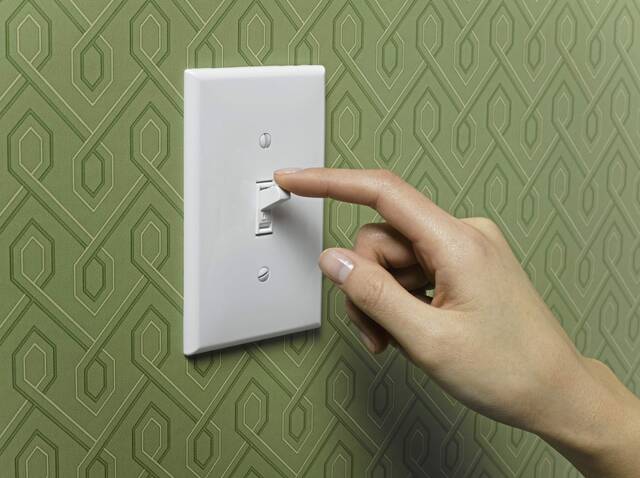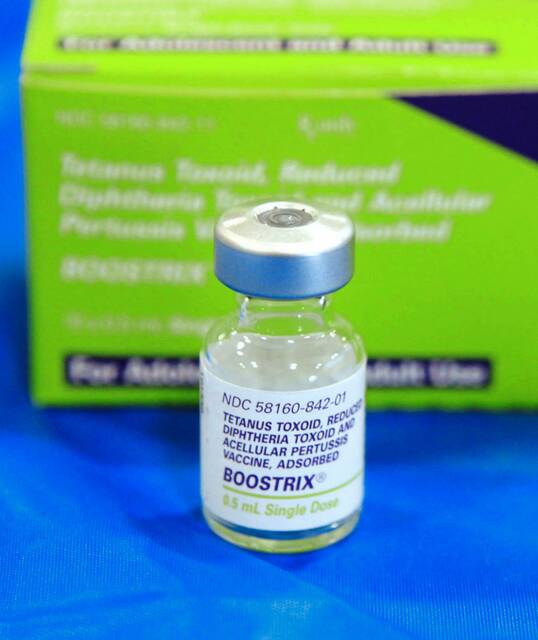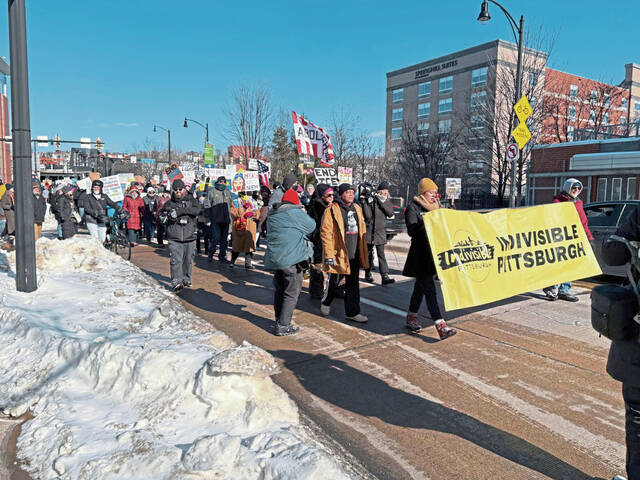If you think you are feeling faint at the gas pump, it’s about to get worse at the mailbox.
Just wait until you see the June electric bill.
This week, the Public Utility Commission revealed that electric suppliers are set to raise prices by 6% to 45% as of June 1.
The highest increases will be seen by West Penn Power customers, whose price per kilowatt hour will jump from 5.667 cents to 8.198 cents. The company says bills for using 750 kilowatt hours per month will go up by about 25%, or roughly $19. The average bill will go up more, though, as the U.S. Energy Information Administration estimates monthly household use at about 909 kilowatt hours.
While this can definitely be seen as part of the overall increase in prices for just about everything amid record inflation, there is another aspect to consider.
The costs are going up for those who aren’t contracted with a supplier. That contract is one of those things that didn’t exist 25 years ago but came about when Pennsylvania deregulated its electrical energy market.
Deregulation was sold as a way to make electric bills more affordable. It didn’t happen just in Pennsylvania. States across the country embraced it, including neighbors Ohio and New York.
However, a recent Harvard study showed that between 2000 and 2016, costs increased more in deregulated states than in regulated ones. The reasons noted include that deregulation wasn’t always what it seemed. The study notes the difference between an appearance of deregulation and actually achieving it, pointing to companies that have layers of subsidiaries. West Penn, for example, is just one of the many divisions of First Energy.
“Regardless of the mechanism, our finding that deregulation did not reduce prices merits attention,” study authors Alexander MacKay and Ignacia Mercadal wrote.
It does, and it merits that closer look not only from academics trying to deconstruct the economics and business reasons for it, but it also should be reevaluated by lawmakers who take a second look at how deregulation impacted consumers and suppliers.
Did it all work out the way Harrisburg intended? If they had it all to do over again, would they do it the same way? Is there anything they would or could tweak about it now?
This does not have to be a criticism of what was done more than 20 years ago. The way it all works should be reassessed because of what has changed in that time, not the least of which is the Regional Greenhouse Gas Initiative that Pennsylvania entered in April.
An increase of up to 45% right before people flip on their air conditioning is a lot to swallow. This is a good time for Pennsylvania to take a second look at its power experiment.








